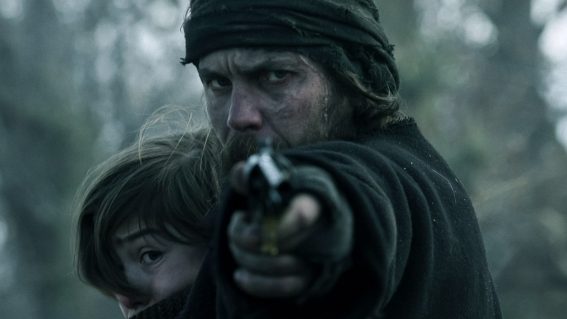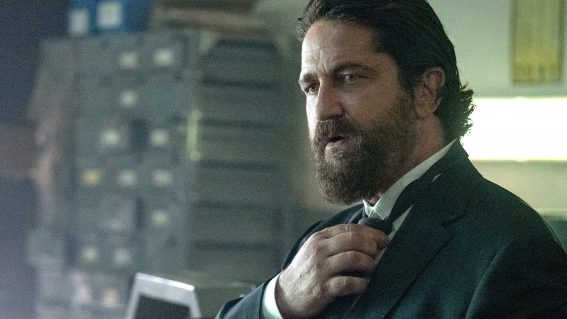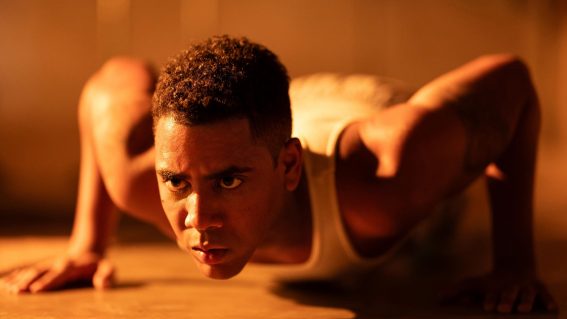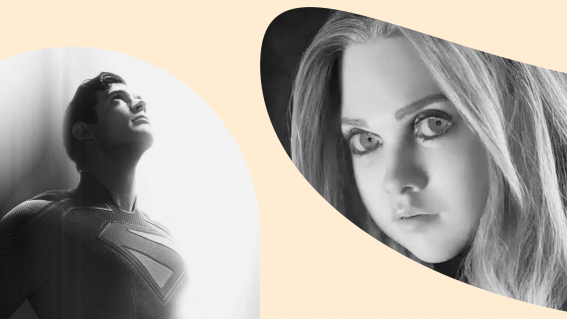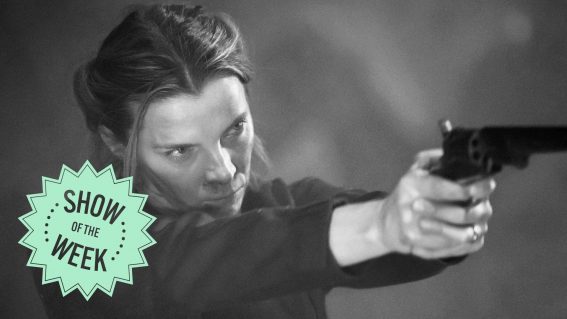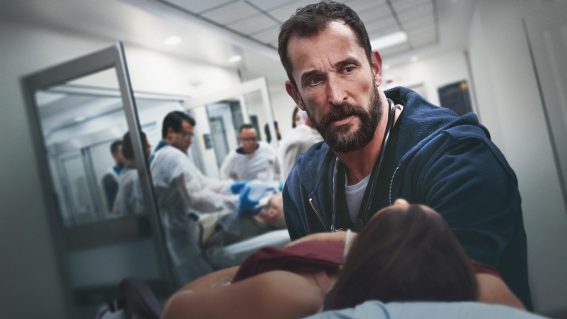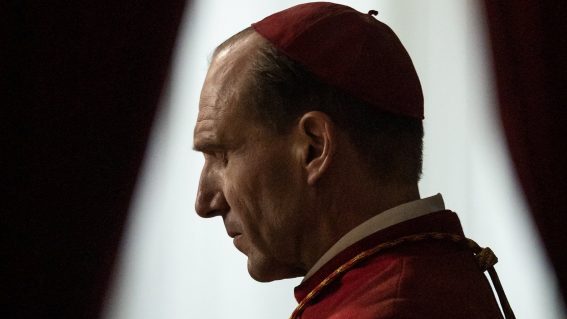Gen V matches The Boys in pointing out society’s most flagrant hypocrisies
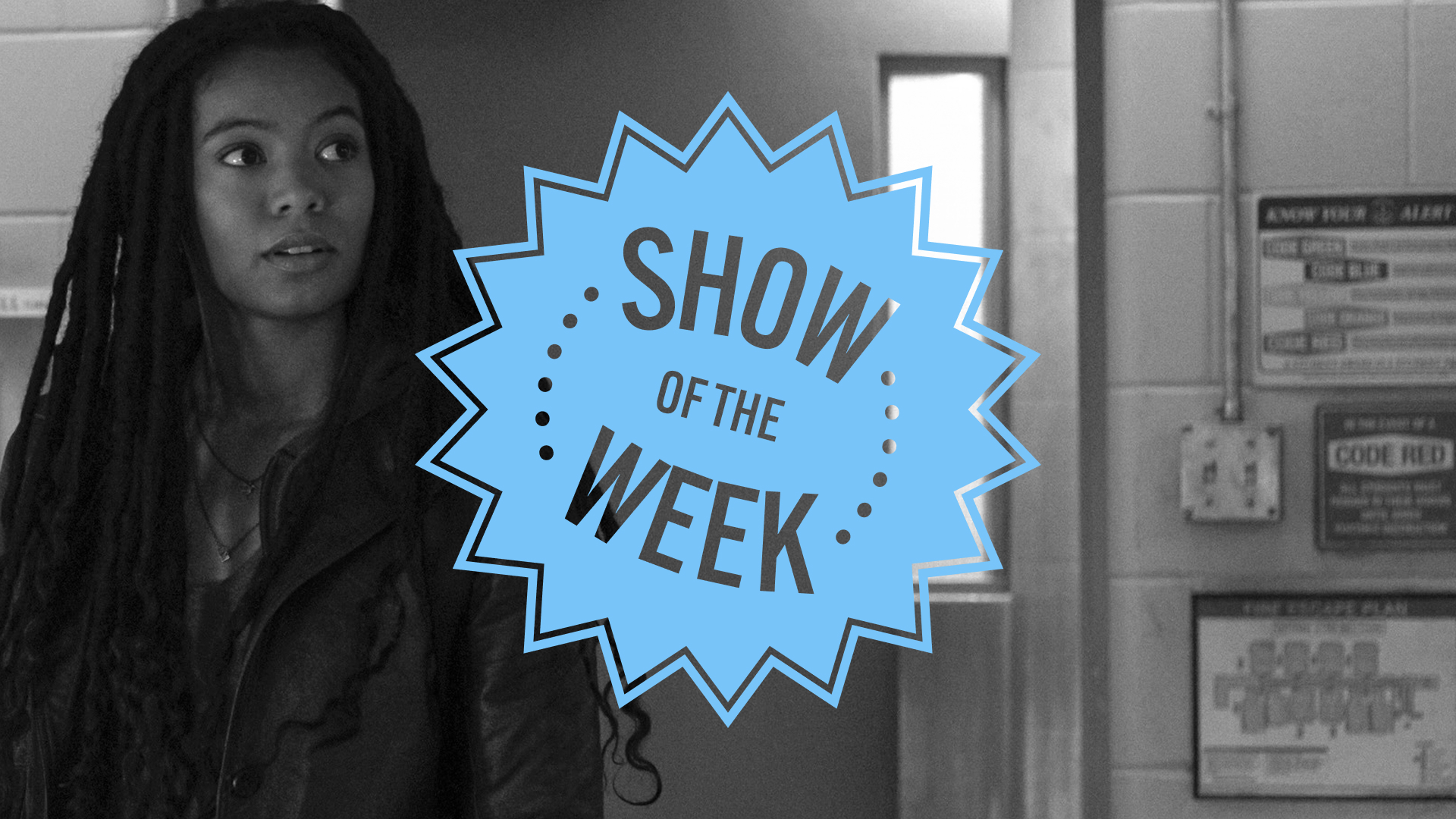
We’re all drowning in content—so it’s time to highlight the best. In her column, published every Friday, critic Clarisse Loughrey recommends a new show to watch. This week: The Boys‘ youth-focused (if not family-friendly) spin-off Gen V.
When a guy on a teen show tells a girl that he’s too “messed up” to date her, it’s usually because he wears a leather jacket and his mother once had an affair with the mayor. In the universe of The Boys, and its new college-set spin-off Gen V, it’s because he hallucinates felt puppets.
The Boys, based off Garth Ennis’s comic series, is meant to be the sarcastic antidote to all this endless, superhero culture—the films and television shows and, as one character here describes, franchise extensions that are really “a meditation on grief told through 70 years of sitcoms”. It’s started to even colour how we see our own world, now that tech bros all want to be Iron Man, misogynists are universally mad at Captain Marvel for not smiling enough, and people can’t stop yelling at our greatest living director, Martin Scorsese.
It’s a nasty, penis-heavy, blood-drenched satire about capitalism, conservative politics, media empires, and performative allyship. With three seasons, several web shorts, an animated anthology, and, now, a live-action spin-off introducing a younger, upstart generation, you have to sort of wonder whether it’s become the monster it was trying to defeat. And, yet, despite the conversations that may or may not be happening in the boardrooms of Prime Video, you won’t find a trace of that corporate cynicism in Gen V itself.
It’s still The Boys that you know and (potentially) love, but this time it’s through the lens of, say, a Riverdale or a Pretty Little Liars. Marie Moreau (Jaz Sinclair) goes full Carrie after her first period and realises she’s gained the power to manipulate blood. She ends up at the prestigious Godolkin University—nicknamed “God U”—whose graduates include Queen Maeve, The Deep, and A-Train. Marie’s determined to become the next name on that list, as the “first Black woman in the Seven”. She refuses to be dissuaded by her roommate and YouTube personality, Emma Meyer (Lizze Broadway), who shrinks down to a tiny size so she can shoot heavyweight boxing matches with her gerbil.
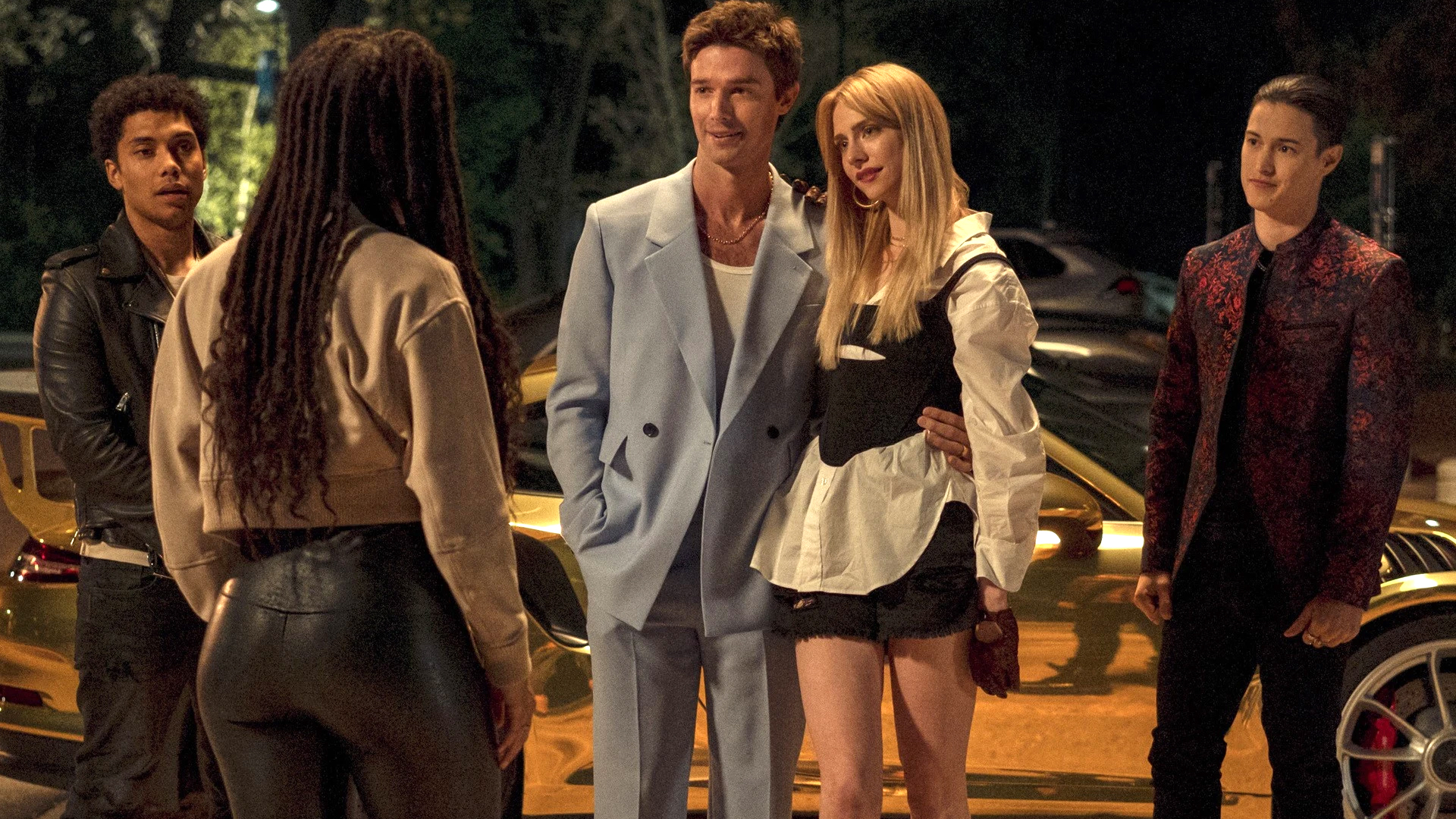
Instead, Marie ingratiates herself with the university’s star pupils: the pyrokinetic Golden Boy himself, Luke Riordan (Patrick Schwarzenegger, in a savvy bit of nepo baby casting); Polarity’s son and metal bender, Andre Anderson (Sinclair’s Chilling Adventures of Sabrina co-star, Chance Perdomo); gender-shifter Jordan Li (Derek Luh and London Thor); and mind controller Cate Dunlap (Maddie Phillips). But, since this is The Boys we’re talking about, it’s pretty much guaranteed that an institution owned by Vought International will be up to some shady s***—all while their ads have students smiling into the camera and calling themselves “super-focused”, “super-inclusive”, and “super-able”.
Gen V is that occasional reminder that buzzwords like “superhero fatigue” ultimately fail to capture what’s really going on in our culture right now. If every studio pumping out these comic book projects put half the creative care, thought, and investment into their work as The Boys has, instead of rushing things out to hit arbitrary targets and merchandising deadlines, even the failures would be noble ones. It would at least feel like someone was given the opportunity to try.
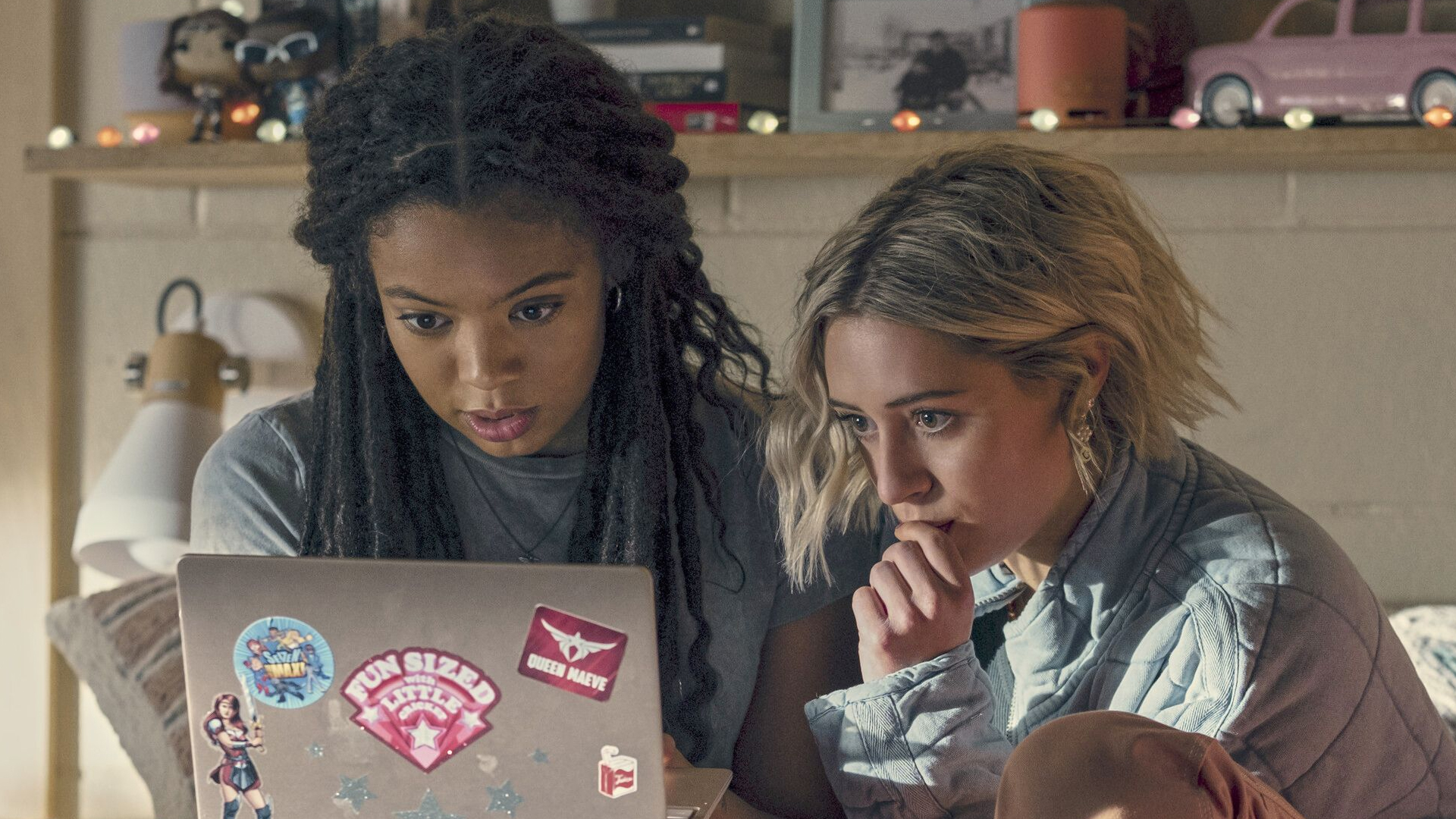
And Gen V, like The Boys, certainly has its shaky moments. It’s deliberately adopted the unwieldy hysterics and box-ticking obsessions with topical issues that every other teen drama chases after, meaning that every power is really a metaphor for self-harm, body dysmorphia, consent, or trans identities. At times, it’s kind of hard to tell whether the show is actually being sincere, or whether it’s simply making fun of the other shows for actually believing they’re equipped to deal with these kinds of nuanced and weighty topics.
But there are smarter aspects here, too, especially in the ways Gen V plays up to The Boys’s ability to point out society’s most flagrant hypocrisies. Superheroes save people’s lives, and yet middle America will still turn their nose up at a Jordan or a Marie (who already has to deal with being a Black woman from an underprivileged background, on top of how morbid the whole blood thing is).
Godolkin likes having these people around to make themselves look good and progressive, but, at the end of the day, it’s the white guy getting all the attention—despite the fact he might actually be the most troubled of them all. Nobody learned their lesson with Homelander, clearly. But that’s why Gen V works so well as a spin-off. It’s not so much a brand extension, but a reminder that kids these days are just as f***ed up as their parents.



